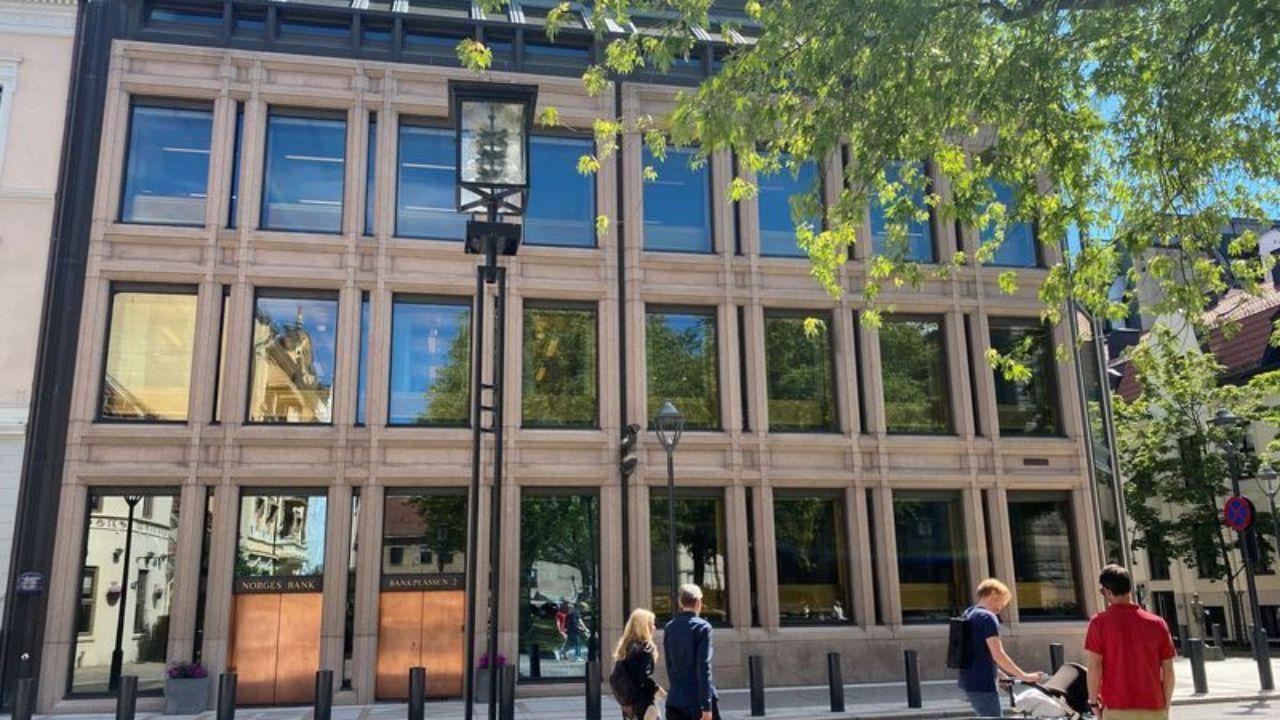
Post by : Avinab Raana
Photo : X / croize loic
Ethics Trumps Investment in Norway’s Latest Decision
Norway’s massive sovereign wealth fund has removed Eramet, a French mining company, from its investment portfolio. This choice was not driven by profit but by values. The fund’s ethics watchdog flagged worries over environmental damage and human rights violations in Eramet’s nickel mining joint venture in Indonesia. This exclusion signals that for Norway, ethics now carry real financial weight.
Exclusion of Eramet
The sovereign wealth fund, managed by Norges Bank Investment Management, held about 0.44% of Eramet around $6.8 million worth as of late June. That stake has now been pulled. The decision followed advice from the Council on Ethics, an independent body that monitors whether companies in the fund breach ethical standards. The council determined that Eramet’s involvement with PT Weda Bay Nickel in Indonesia exposed it to unacceptable risks: serious environmental harm and breaches of rights of uncontacted indigenous communities.
What the Ethics Watchdog Found
The Council on Ethics looked specifically at operations under PT Weda Bay Nickel. It raised red flags over environmental destruction damage that is not easily reversible and the treatment of indigenous people who have little or no contact with the outside world. In particular, the extraction site lacked proper forestry permits. The council judged that, under these conditions, Eramet could be complicit in harm whether directly or indirectly.
Details on Environmental Damage
The environmental issues cited involved land misuse, deforestation, possibly degraded water systems, and damage to biodiversity. Because the mining project operated without all the necessary official permits in certain forested areas, it risked significant ecological harm. These forests are often carbon sinks and host unique ecosystems; when missing legal oversight and stringent environmental protection, mining can lead to soil erosion, habitat loss, and pollution with long-lasting consequences.
Indigenous Rights Concerns
A central part of the ethics case was that traditional, uncontacted indigenous communities may have been harmed. These are people without regular contact with broader society, often with weaker protections under law, and vulnerable to loss of land, culture, and health when industrial projects encroach on their territory. The ethics watchdog judged that Eramet had an “unacceptable risk” of contributing to violations of their rights, which is incompatible with Norway’s strict ethical investment standards.
Legal and Permit Issues in Indonesia
Indonesian authorities reportedly seized hundreds of acres of land from PT Weda Bay Nickel after uncovering that some forested land was being used without the required permits. This regulatory deficiency exposed the joint venture to legal risk and underscored how omitting proper environmental or forestry permits can lead to both exposure and exclusion from investment portfolios.
What This Means for Norway’s Wealth Fund
Norway’s wealth fund does more than chase returns it also takes account of how companies behave. Under the ethical guidelines set by the Norwegian parliament, the fund has, for some time, excluded companies whose practices pose significant environmental or human rights risks. By removing Eramet, the fund is applying its policy strictly, regardless of whether Eramet is profitable or well-known.It underscores that investors, especially large institutional funds, increasingly judge not only financial performance but how companies treat people and the planet.
Impacts on Eramet and Investors
For Eramet, exclusion by Norway’s sovereign wealth fund could damage reputation and raise the cost of doing business. Investors sensitive to ESG (environmental, social, governance) risks may reexamine their exposure. Access to capital could become more difficult or more expensive, especially if similar funds or investors follow Norway’s lead. For other stakeholders, the exclusion carries a signal: companies doing business in sensitive ecosystems or with indigenous populations should ensure full legal compliance, respectful community engagement, and environmental safeguards.
Ethical Guidelines and Investment Rules
Norway’s fund is governed by clear rules. It relies on recommendations from its Council on Ethics, which monitors compliance with laws, human rights, environmental protection, and responsible conduct. Where companies operate in a way that violates ethical norms — especially with serious risks — the fund can either observe (monitor) them or fully exclude them from the investment universe. Eramet’s case fell into the exclusion category.
Wider Implications for Resource Extraction
Mining of nickel, especially when done near or in forested, biodiverse areas, comes with high risk. Mismanagement of land, weak regulation, and disregard for indigenous rights are often the root causes of conflict and ethical scrutiny. For commodity-based sectors, reputational damage and regulatory crackdowns are real risks.The Eramet exclusion foreshadows increased pressure on mining operators worldwide to improve transparency, environmental protection, and community rights protections.
How Norway’s Decision Reflects Global Trends
There is a growing global expectation that investment funds, especially large institutional ones, factor in environmental and human rights risks. Ethical exclusions, divestments, and ESG screening are no longer niche but mainstream. Funds are being held accountable not only by governments, but by the public, civil society, and markets.Norway has long been seen as a leader in ethical investing. Its consistent enforcement of ethical exclusions helps set a benchmark, showing that ethical commitments are enforceable, not just rhetoric.
Risks, Challenges, and Potential Criticism
Some may argue that exclusions reduce investment diversity, or that ethical rules may be interpreted unevenly. There is always debate over what counts as “severe environmental damage” or “serious human rights violations,”and companies like Eramet may contest whether the risks are proven or whether they are guilty by association. Additionally, enforcing changes in foreign jurisdictions (like Indonesia) can be difficult. On-ground monitoring, legal enforcement, community consent, and transparency often vary. Funds like Norway’s must rely on external information, audits, local legal systems, and community voices, which are not always consistent or reliable.
What Norway’s Fund Could Do Next
To avoid similar exclusions, companies need robust environmental impact assessments, legal compliance with local regulations (permits, land rights), meaningful engagement with local and indigenous communities, and transparent reporting. For the wealth fund, follow-up verification and monitoring are crucial; exclusion is a blunt instrument, but ensuring compliance or remediation might be a more cooperative approach in some cases.The fund may also increase pressure for industry-wide standards in sectors like mining. Those standards could include protections for uncontacted indigenous communities, stricter permit regimes, and stricter environmental mitigation.
Significance for Ethical and Sustainable Finance
Eramet’s exclusion is another milestone in the ethics-driven finance era. It demonstrates that even relatively small holdings (0.44% isn’t huge but still mattered) are under scrutiny and can be removed when ethical criteria are not met.
It also gives investors, NGOs, and communities leverage. Ethical standards are increasingly factored into investment decisions. Funds that ignore them risk losing legitimacy, capital, or facing public criticism. As climate, biodiversity, and human rights issues become more urgent, financial markets will likely continue pushing companies toward better practices or exclude them from portfolios.
Money and Morals in Investment
The decision to exclude Eramet from Norway’s sovereign wealth fund shows that ethical investment is not optional in today’s global finance landscape. For Norway, moral risk has become part of financial risk. Environmental harm, unregulated land use, and violations of indigenous rights carry consequences not just in court or public opinion, but in whether your shares are held by one of the world’s largest portfolios.Eramet’s partnership in Indonesia raised enough concern that Norway drew a line. Other companies now face similar scrutiny. The world is watching, and the message is clear: investment capital is not blind to environmental damage or human suffering.
Wealth fund ethics, Eramet exclusion, Environmental responsibility


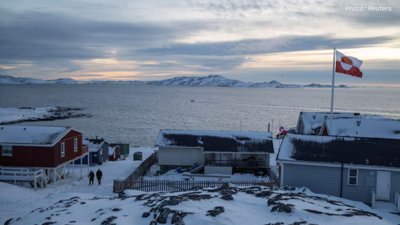

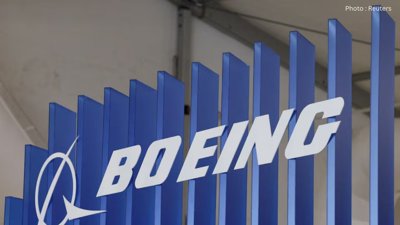
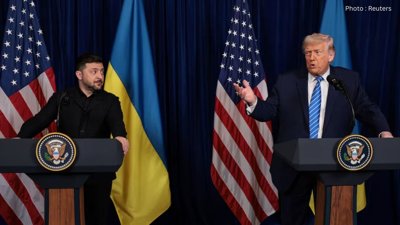
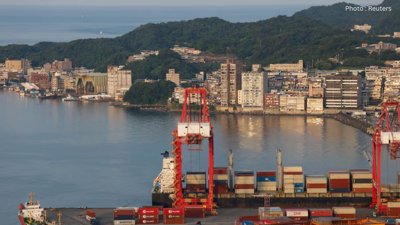



Advances in Aerospace Technology and Commercial Aviation Recovery
Insights into breakthrough aerospace technologies and commercial aviation’s recovery amid 2025 chall

Defense Modernization and Strategic Spending Trends
Explore key trends in global defense modernization and strategic military spending shaping 2025 secu

Tens of Thousands Protest in Serbia on Anniversary of Deadly Roof Collapse
Tens of thousands in Novi Sad mark a year since a deadly station roof collapse that killed 16, prote

Canada PM Carney Apologizes to Trump Over Controversial Reagan Anti-Tariff Ad
Canadian PM Mark Carney apologized to President Trump over an Ontario anti-tariff ad quoting Reagan,

The ad that stirred a hornets nest, and made Canadian PM Carney say sorry to Trump
Canadian PM Mark Carney apologizes to US President Trump after a tariff-related ad causes diplomatic

Bengaluru-Mumbai Superfast Train Approved After 30-Year Wait
Railways approves new superfast train connecting Bengaluru and Mumbai, ending a 30-year demand, easi